More Japanese public servants take up paternity leave

Some 97.2% of the male national public servants whose children were born between July 2020 and March 2021 took paternity leave for at least a month.
HRM Asia Readers’ Choice Awards: Last day to nominate!

Nominations for the coveted HRM Asia Readers’ Choice Awards 2021 will close on August 31, so act now before it’s too late!
New contracts in New Zealand can include vaccination requirement

Workplace relations minister has confirmed that COVID-19 vaccination requirements can be written into new employment agreements.
More vaccines allocated for selected workers in the Philippines

The government is currently looking to ramp up its vaccination of priority groups, which include workers in essential industries.
37% of 24,042 companies in Japan breached overtime laws

The Ministry of Health, Labour and Welfare found that 37% of 24,042 businesses investigated have violated overtime laws.
Singapore’s NTUC to push for unemployment support and benefits

The NTUC-SNEF PME Taskforce had consulted over 9,000 PMEs aged between 20 to 60 years old on their key concerns and needs at the workplace.
Big employers in New Zealand not applying for wage subsidy
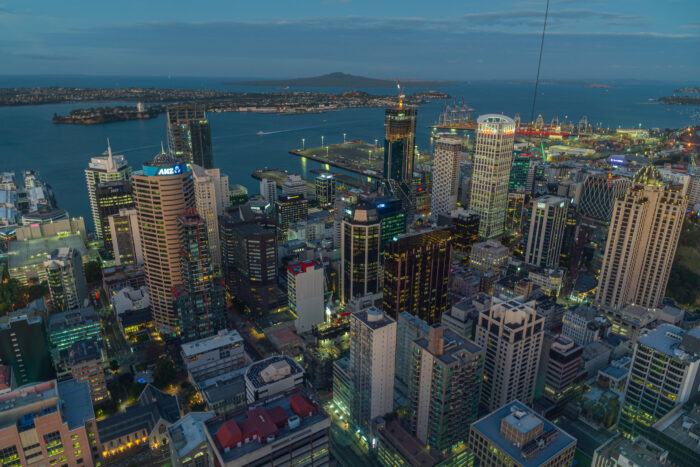
Big businesses are conspicuously absent from applying for the latest wage subsidy scheme pushed out by the government.
Taiwan’s labour minister hopeful for larger minimum wage hike next year
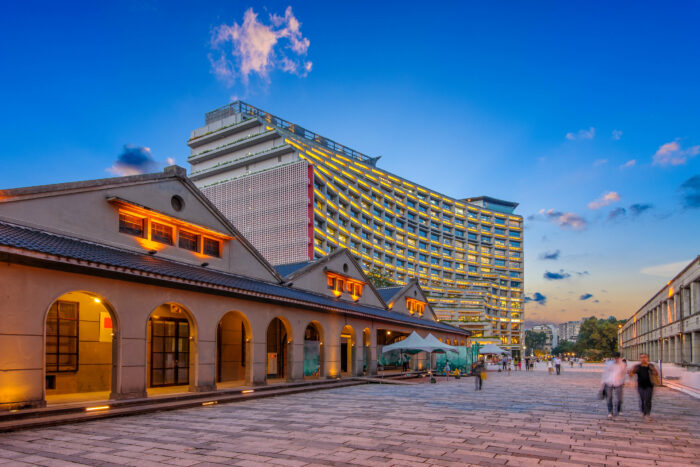
The hike is required to support sectors badly impacted by the pandemic, including hotel, F&B and assorted services.
Bill to protect freelancers in the Philippines fast tracked for approval

Senator Joel Villanueva is pushing for a quick approval of a bill to protect freelancers against abuse and exploitation.
Employment in South Korea’s second tier cities picks up
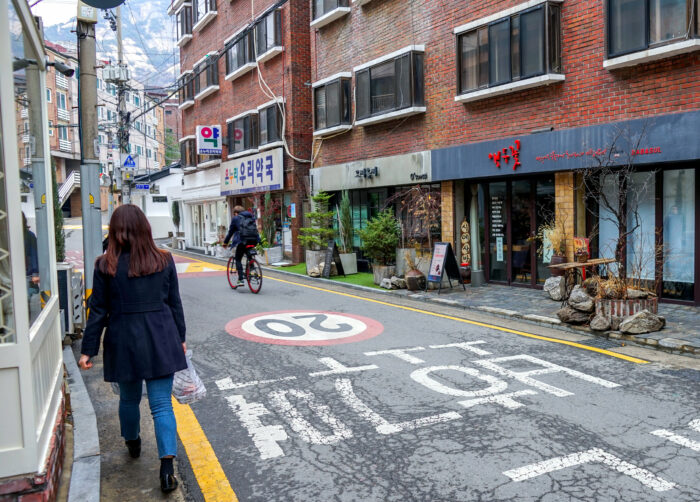
As of end-April, employment in South Korea’s minor cities and counties rose by 3.6% year-on-year as the economy continues to recover.
Over 47,000 businesses apply for wage subsidies in New Zealand
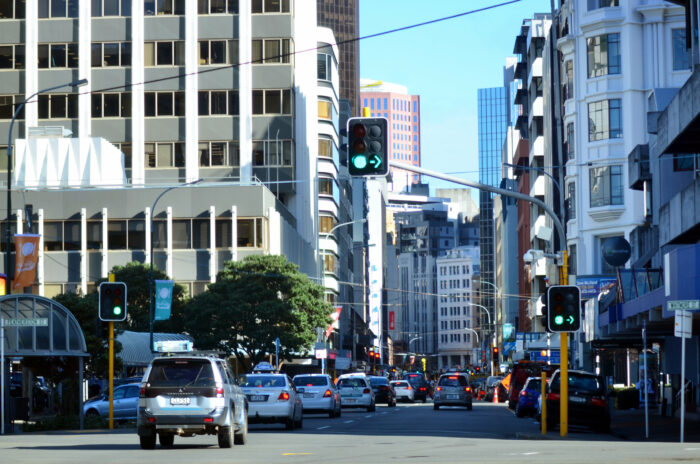
Revenues have dropped for many businesses as the country goes into Level 4 lockdown mode in response to a Delta variant outbreak of COVID-19.
Some 90% of Japanese firms struggle with remote work

A survey revealed that many companies found a lack of communication among employees a barrier to remote work, among other challenges.
Thailand launches “Factory Sandbox” to protect 3 million jobs

The pilot programme aims to limit COVID-related disruptions to the country’s export-driven manufacturing sector.
Victoria awards public sector staff COVID-19 vaccination leave

The leave covers full-time, part-time, long-term staff and regular casuals at public entities, and grants workers half a day off to get their jabs.
Improving the well-being of employees in APAC

HR Tech Festival Asia Online 2021 takes a deep dive into how employers in Asia-Pacific can improve the well-being of employees as hiring strategies evolve.
Income gap widens in Taiwan due to pandemic

Income inequality in 2020 was the highest in eight years, with the top 20% of households earning 6.13 times that of the bottom 20%.
Singapore employers urged to regularly test unvaccinated workers

From October 1, workers in selected industries will be required to either be vaccinated, or undergo regular testing.
150 occupations facing shortage of workers in Australia

The employment minister has said there are more than 150 occupations facing skill shortages across a range of sectors in the country.
Japan mulls tax breaks for investments into startups

The programme was first introduced in fiscal 2020 as a two-year measure, and is set to expire in March 2022.
Malaysian businesses urged to comply with COVID-19 SOPs

As some sectors of the economy reopen, The Small and Medium Enterprises Association of Malaysia reminds businesses to comply with existing SOPs.
Companies in the Philippines call for mandatory vaccinations

This goes against an earlier circular released by the Department of Labour and Employment, which called “no vaccine, no work” policies discriminatory.
Australia’s annual average full-time wage hits A$90,000

The country’s average annual salary breached the A$90,000 (US$64,191) mark for the first time, according to Australian Bureau of Statistics (ABS).
Bank of Thailand relaxes debt assistance to support businesses
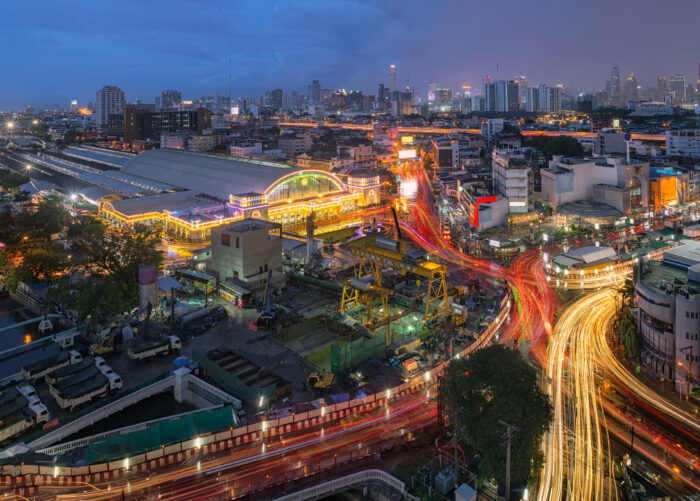
This includes the adjustment of its soft loan scheme to support liquidity for both existing and new SME borrowers by expanding their credit line.
Singapore reviews advisory for workers’ vaccination

COVID-19 vaccination guidelines that allow employers to make vaccination mandatory for workers in high-risk settings are being reviewed.
Japan encourages telework to bring down COVID-19 cases
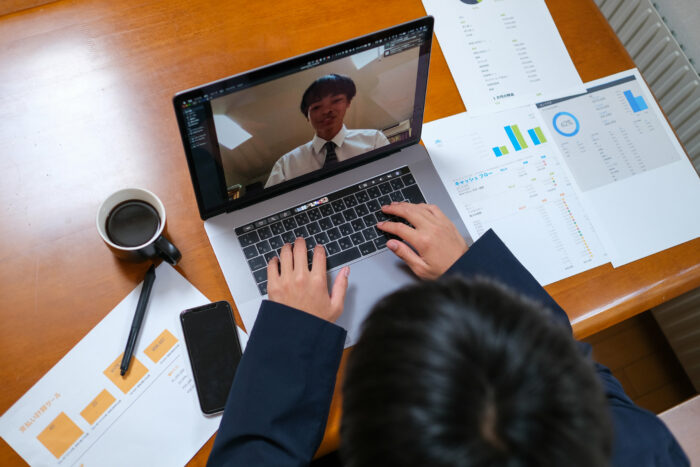
Last week, Japan extended its state of emergency in Tokyo and other regions, and announced new measures that covered seven more prefectures.
Australia’s unemployment rate falls to 4.6% in July

The country’s unemployment rate fell 0.3 percentage points to 4.6% in July month-on-month even amid the lockdown in greater Sydney.
Cambodia to negotiate next year’s minimum wage
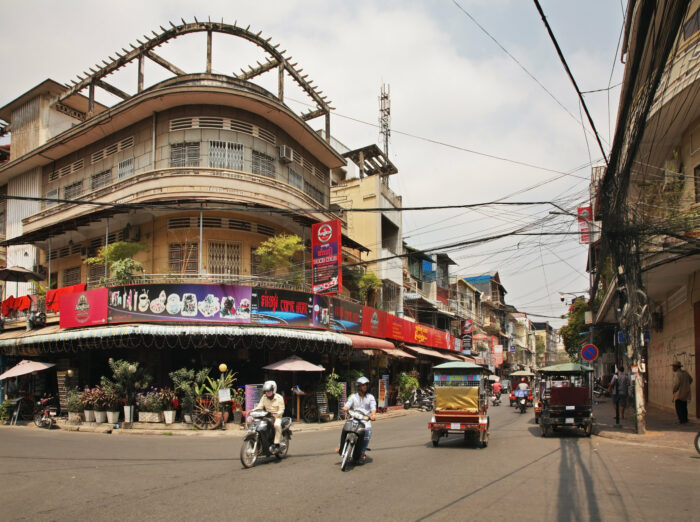
Worker unions and labour rights groups want the minimum wage to increase from US$192 to US$200 a month.
Vaccine mandates in Australia should be decided by employers

Unions and employer groups have generally taken the stance in line with that of the government on vaccine mandates.
South Koreans worked 200 more hours than OECD average last year

In the region, Australia recorded 1,683 hours per annum, while New Zealand logged 1,739 hours in the year.
Indonesia launches model to boost regional-based jobs

Indonesia has officially launched a pilot project model to expand regional-based employment opportunities in five regions across Indonesia.
